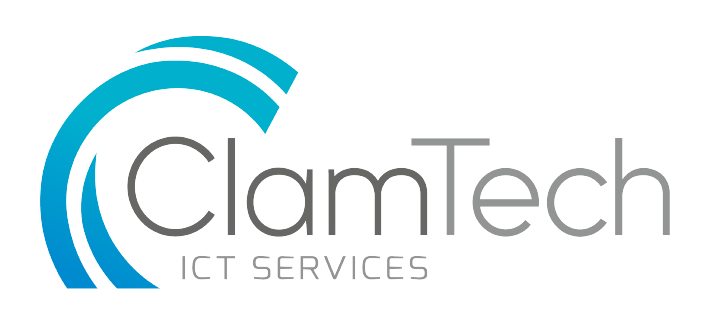As data storage analysts and managers look to the future, they expect the data storage market to become stronger. The key storage trends that entered the market in previous years will continue to grow and new technologies will push their prices down, thus opening up new opportunities for businesses. Furthermore, data storage issues are becoming more complex and companies must have updated data storage technology in place.
Automated Data Management – organisations are beginning to apply machine learning and artificial intelligence technologies to data management. Gartner noted that a shortage of technical skills and the exponential growth of data mean that organisations now need to automate data management tasks. IT vendors are adding machine learning and artificial intelligence capabilities to create self-configuring and self-tuning data management processes, allowing skilled technical workers to focus on higher-value tasks. Many believe that intelligent data management and reuse of data will become prevalent during 2020.
SSDs & Flash arrays – the trend towards flash drives will continue to grow but at a slower rate, since most companies have already upgraded their systems; choosing to convert to more cost-effective SSDs. The trend towards All Flash Array (AFA) will continue to grow, mostly due to the continued price reductions, due to advances in fabrication capabilities. SK Hynix have also begun production of 128-layer 4D NAND flash, which will put even more downward pressure on prices of high-capacity SSDs and flash arrays.
Cloud storage – this remains very important, but the cloud storage landscape is shifting. Some companies are moving to a hybrid storage model, due to the increase in public cloud costs and cost management issues. In his data storage predictions for 2020, senior analyst, Scott Sinclair, noted that most enterprises shifted at least one workload from the public cloud back to their premises during 2019. The perception that eventually all IT will be public cloud-based is starting to fade and hybrid cloud infrastructure will be the standard of modern IT. Thus, on-premises storage infrastructure will form a significant part of IT for the foreseeable future. Sinclair also predicts that IT teams will start to invest in tools, such as Kubernetes, which will make it easier for them to manage hybrid workloads.
Software-Defined Storage – during the last few years, the IT infrastructure has become more software-defined and this trend will continue to grow in the foreseeable future. Some reports even suggest that this market could be worth around $7 billion this year. Bruce Milne of IT service Management company, Pivot3, noted that the hybrid cloud and software-defined storage are closely linked to each other. He states that hybrid cloud will capture the essence of software-defined storage. Hardware will still be needed, but it can be located anywhere and software will continue to harmonize the storage complexity, making the location of hardware increasingly irrelevant.
Hyperconverged Storage – the growth in hybrid cloud and software-defined storage are leading to increased demand for hyperconverged storage. Cisco, Dell and HPE are all supporting hyperconverged storage, which is ideal for multi-cloud, hybrid cloud and software-defined storage infrastructures. According to Mordor Intelligence, this market is growing at an annual rate of 13%. Moreover, the trend towards edge computing is also leading to the adoption of hyperconverged storage. This is due to them being easier to manage than traditional storage arrays, they are ideal for remote office settings and it is also more cost-effective for enterprises to store and process data at the edge of the network, rather than sending everything to the public cloud.
Storage security – investment in security is definitely on the rise; the current complex geopolitical environment has pushed companies to prioritise regulatory compliance. Total spending on security increased by 10.5% in 2019, with cloud security expected to rise 41.2% over the next five years. The demand for trustworthy data is also a growing trend. Gartner included data transparency and traceability in its “Top 10 Strategic Technology Trends for 2020”. People are becoming more suspicious of algorithms used to analyse data. This means that storage managers face an increasing need to prove that their data is secure and reliable.
Many trends, like AI, machine learning, blockchain and IoT, are increasing the need of greater storage capacities. In order to manage this ever-growing data load, companies are looking at new technologies to help them store and process more data efficiently. Data and IT managers must be proactive to transform data storage that is viewed as a cost centre into a competitive advantage for their organisations.
For more information regarding efficient data storage, you may contact Clamtech on +356 2090 8800 or via email on: [email protected]

